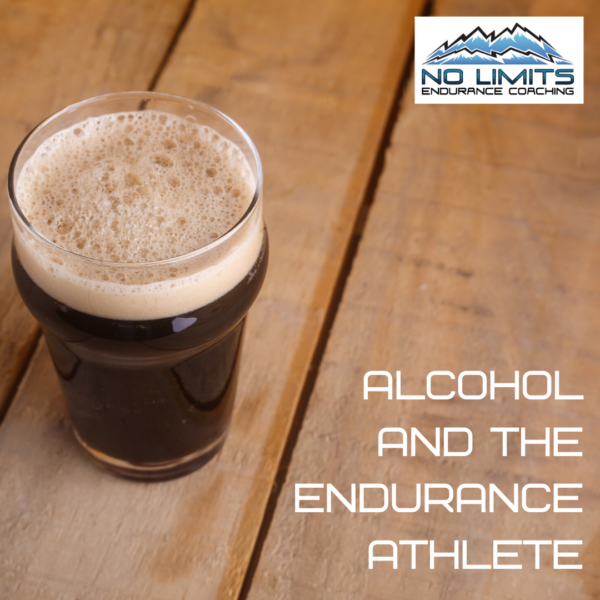by Coach Lindsay Leigh

For healthy adults, moderate alcohol use is defined as one drink a day for women and two drinks a day for men. There may be some limited health benefits to moderate alcohol consumption, but there are no health benefits to heavy drinking (defined as three or four drinks a day, or more than 8-15 drinks a week, for men and women, respectively).
If you want to lose weight, alcohol will impede your efforts since it is empty calories, and it can also relax your inhibitions, which can make it easier to overeat or choose unhealthy foods. Alcohol can also cause increases in cortisol, a stress hormone, which can cause weight gain.
Alcohol is generally detrimental to athletic performance, even in small amounts. Since it’s a diuretic, it can lead to dehydration because the alcohol makes your kidneys produce more urine.
Drinking may also affect how much glucose the liver can produce, which causes lower blood sugar levels. So, you may have less energy or won’t be able to exercise as intensely. It can also negatively affect recovery, sleep, and motivation, and can contribute to weight gain, nutritional deficiencies, and depress immunity.
During your racing season, it’s probably ok to have an alcoholic drink on your recovery day, but if you have more than that, you’re risking delayed recovery.
And in the final 6 weeks before a major race, I recommend no alcohol at all.
During the off season, stick to the guidelines for “moderate alcohol use” if you choose to drink.
Cheers!
Need help with your daily nutrition and hydration needs? Consider our Nutrition Coaching, with a 10-week program to help you dial in your needs to optimal performance and health.
